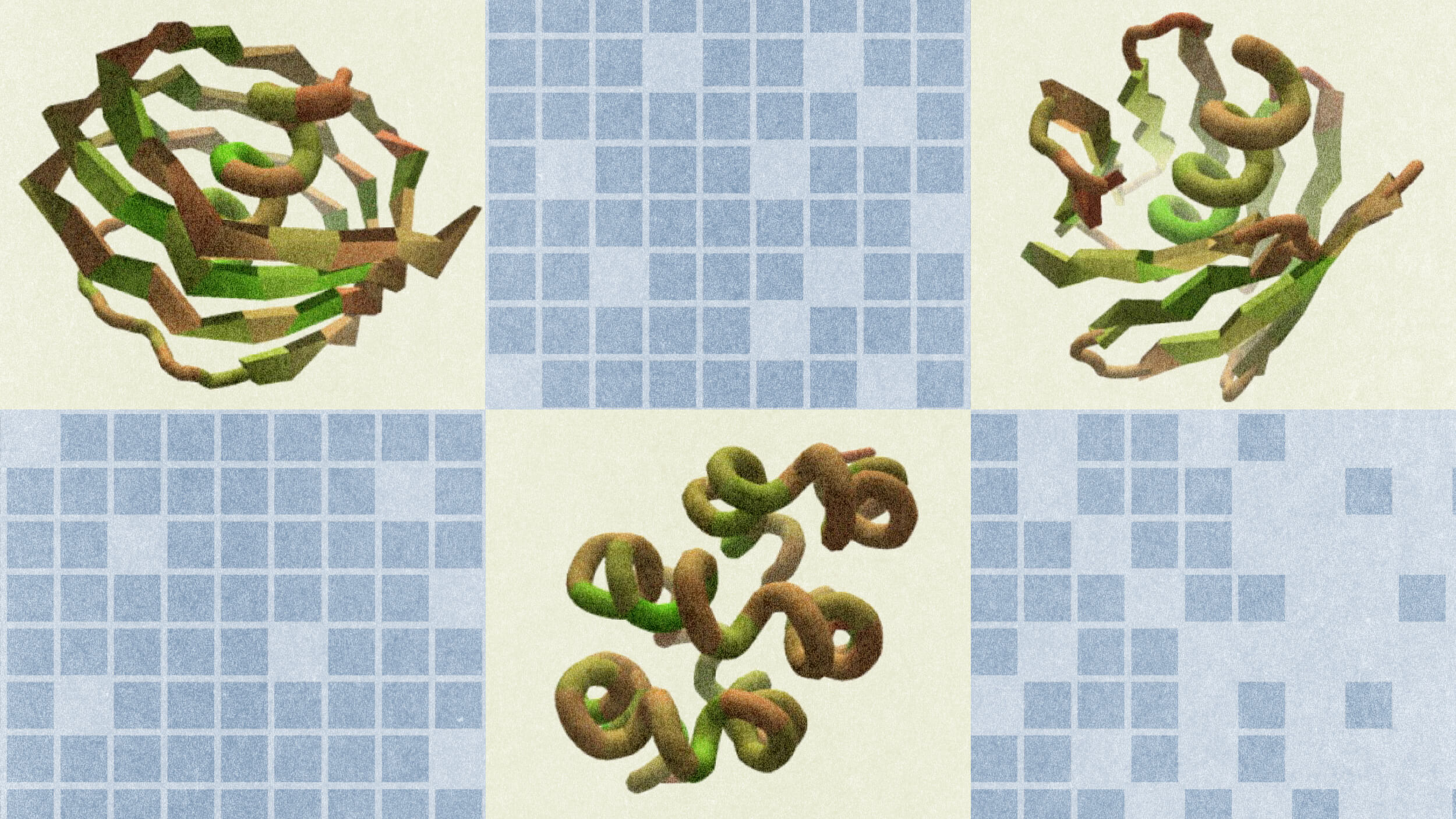Bly connects Sputnik mania to today’s renaissance in scientific literacy.
Question: What defines science literacy?
Adam Bly: It's the question. I don’t know. I think I know and we all know what a science-literate citizen in the 20th century constituted. We lived at a time of kind of a competitive pressure with Sputnik sort of in the west, and certainly in the United States. And a lot of how we defined being scientifically literate was in terms of boosting competitiveness and ensuring that each nation had the intellectual resources, the human capital to compete in this sort of new military equation which was a lot more symmetric at the time. And so we defined scientific literacy in terms of certain concepts, certain ideas, certain sentences we memorized, certain things we learned in order to advance. And the way we build science literacy tests; the way we tracked science literacy; the questions we looked at had a lot to do with that paradigm. Over the last, you know, 30, 40, 50 years . . . We just celebrated this year . . . We are celebrating the 50th anniversary of Sputnik. Over the last 50 years certainly the world has changed. Science has changed too, and science’s place in the world has changed. And so I think that the other most significant factor at play to sort of define science literacy today is what are the forces acting against science? What are the disruptors that could throw off this 21st century scientific renaissance, this new science culture? And what is it that’s motivating those disruptive forces? And so in order for scientific literacy to be the tool that combats those kind of disruptive forces, we need to better understand those disruptive forces, and I think we’re still at the beginning stages of understanding that. For example, science is buttressed by its instability. It’s in fact the ability for science to be constantly overturned and constantly proved wrong, and for theories to only last as good as they are – until someone comes along and overturns them that gives it its greatest . . . one of its greatest sources of instability. But that means living with unknowns and being very comfortable with the unknown, and being comfortable with change and not being fearful of it. And politically many have been able to successfully leverage that instability on issues like evolution, on issues like climate into incredibly powerful political positions in the world, and certainly in the United States. And flip flopping has become a negative attribute as opposed to one which is one of the highest virtues – being able to change one’s mind with new evidence. And so really trying to understand what motivates those destructive forces and expressing to people what science, in fact, is; what the scientific method actually is; why science survives as a tool that we built to understand things; to __________ totally veer towards truth is something that will certainly constitute scientific literacy today. I think that the other factor in science literacy today . . . one of the other factors is certainly a transformation from something that is very western; something that we see as, you know, as sort of a western enterprise; although the Chinese historically have contributed much to the world by way of science, in navigation, in gun powder print making and so forth. But you know for centuries science has been a largely western pursuit. And when you look at who wins the Nobel Prizes, it’s the Americans. Science is clearly changing. Sort of the landscape is changing the world today. And the emphasis that China is placing on science I think suggests both the amount of money they’re spending on science, and also just the emphasis that the leaders in China are now placing on scientific literacy as a cornerstone of economic development in China, and of political reform in fact. Suggests that we need to start thinking about science less as a strictly western enterprise that’s defined by western values and western ways of thinking, but becomes a more global enterprise. And I think part of that is that my understanding of the way many Chinese people view the way many American people view science is as this far more perfunctory, technological enterprise and the kind of more philosophical, and slightly more romantic, and kind of holistic and complete way of looking at problem solving. And so it’s also that reforming the way we look at science as part of scientific literacy – coming back to that in the way that Richard ___________ spoke about it; and starting to see things not purely as science as purely a tool to sort of reduce things . . . as a tool for reductionism, but really as a way of achieving an understanding of the most beautiful parts of whatever it is you’re looking at. He said famously that, you know, you could look at a rose and a poet would talk about, you know, some beautiful language about the rose; and a painter would talk about the red; and someone could talk about the smell. And that sounds so much more gratifying and satisfying. And then the scientist would come along and give you the biochemical equation for the rose and ruin the whole thing and unweave the rainbow; when in fact if you listen for the next six minutes to the scientist and really allow yourself to go deeper and understand where he or she is going, you understand the dance of the molecules that allows for all of that to take shape. And you see the inherent aesthetics, and poetry, and beauty of what is at the . . . sort of beneath the surface of all those other things that artists and humanists will then interpret. So it’s about changing our perspective on science that I think is the other pillar of 21st century scientific literacy.
Recorded on: 10/17/07





